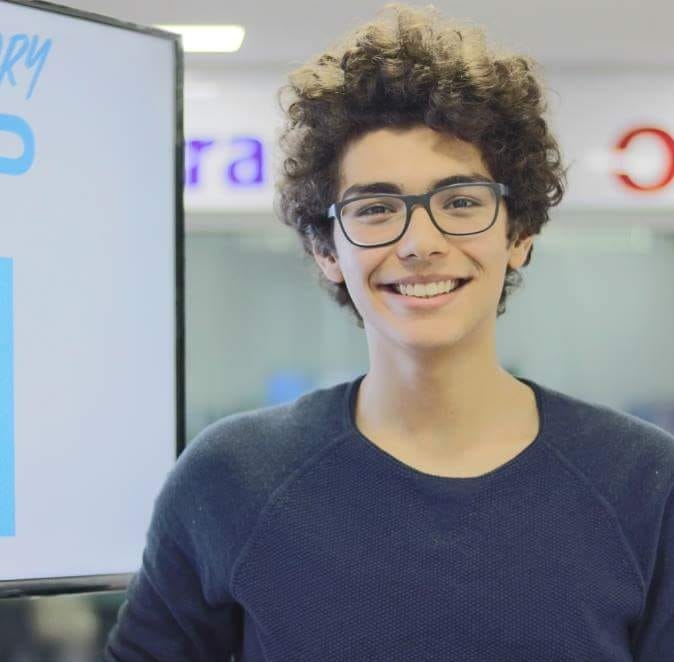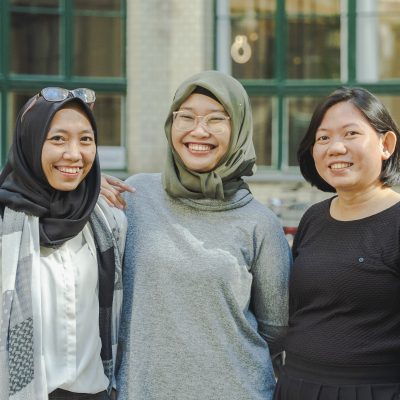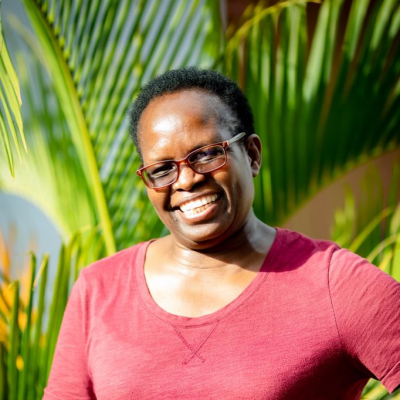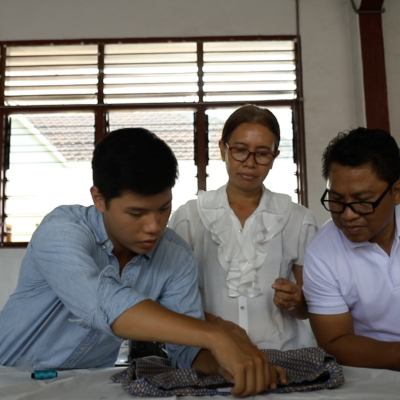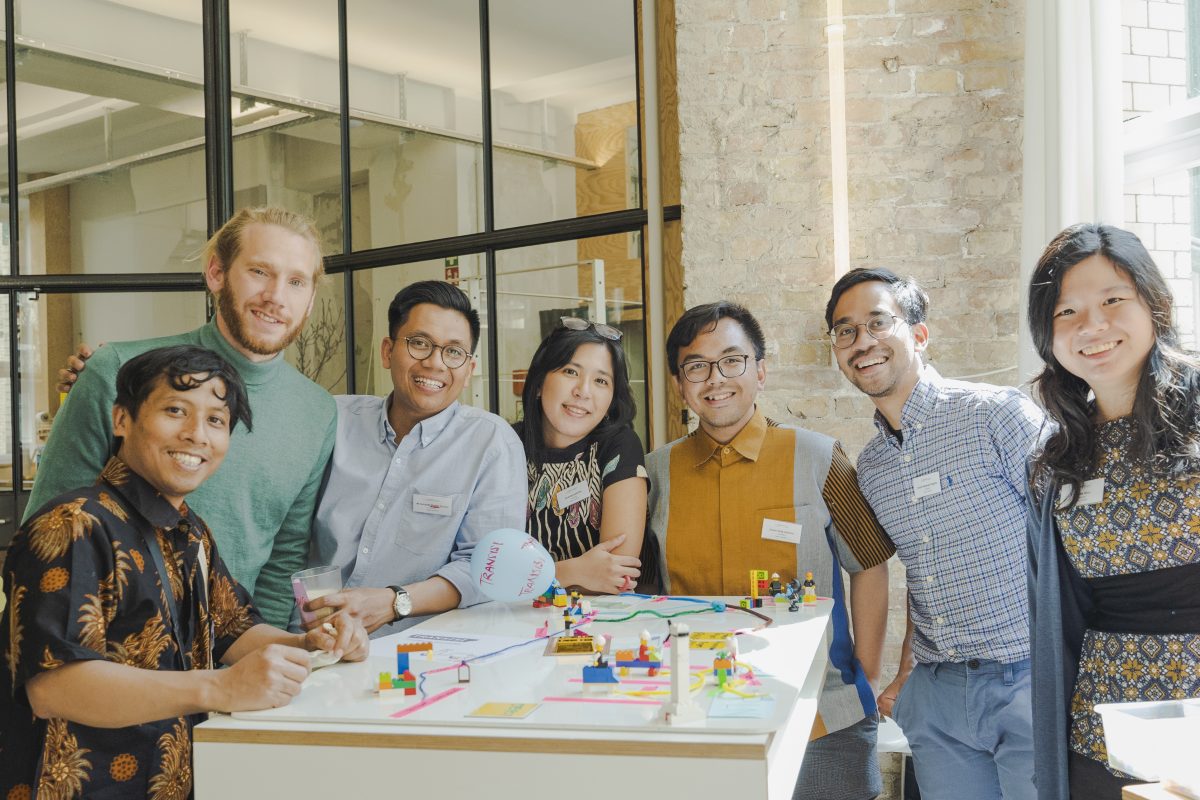
Transisi is transforming the electric vehicle infrastructure in Jakarta
With over 10 million people, Jakarta is the most populous city not just in Indonesia, but in all of Southeast Asia. It truly offers a mixed-balance between a melting pot of cultures and a bustling city vibe. The sprawling metropolis is popular for its nightlife, iconic landmarks and diverse cuisine. A part of the local experience is that you may drive down one wide avenue one minute, then suddenly find yourself squeezed into a small street together with hoards of cars and motorbikes.
But being such a lively city comes with major drawbacks, one of which is air quality. Jakarta’s air pollution has been worsening recently, with the Indonesian capital routinely ranked at the top of the list of the world’s most polluted major cities. Another related major setback is transportation – and the heavy traffic.
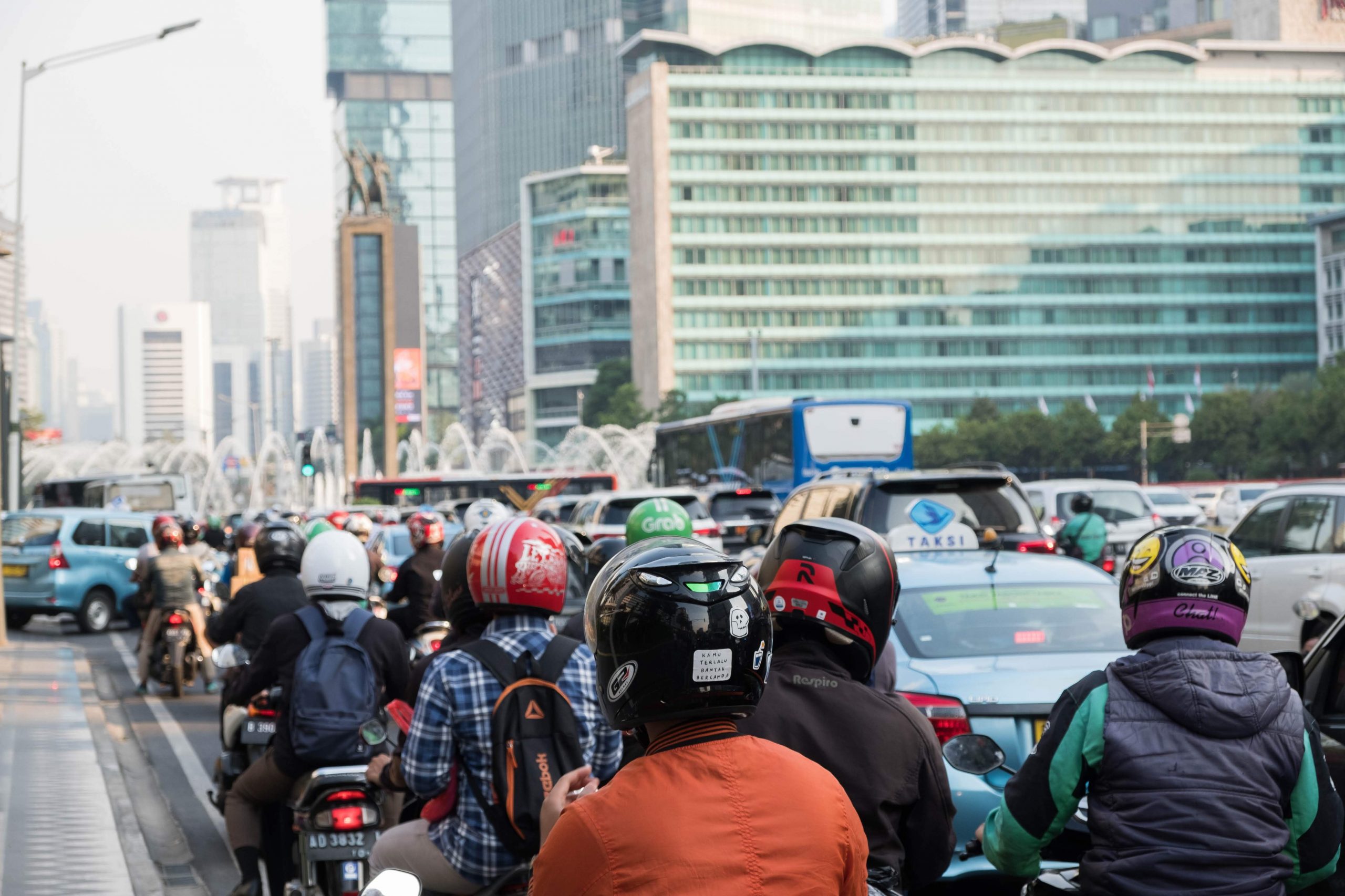
It is thus not surprising, yet unsettling, to read that the transportation sector contributes for up to 40% of the city’s carbon emissions.
To take on this challenge, Transisi is investing in e-mobility solutions aimed at making it easier for bus operators to transition to electric buses, but the needed infrastructure investments are huge!
The TRANSISI team is developing a one-stop solution for assets and investment management in the e-mobility sector. The solution will provide a contracting and financing mechanism that addresses the high upfront obstacles in the electrification of public transport and attracts investment to help accelerate the e-bus adoption in Jakarta. Sounds complicated but impressive huh? In simpler terms and quoting the co-founder Shiddiq sumitro:
“We are working to make Jakarta a more livable and greener city, thus helping the government achieve our common goal of a more sustainable Jakarta.”
The team is currently focusing on prototyping and piloting the charging stations component of their offerings, which is one of three main pillars of their business. Charging-as-a-service (CaaS) can revolutionize the industry as bus operators would avoid paying high upfront costs for installing the infrastructure or for recruiting highly paid high-tech talents, benefit from free operation and maintenance, and cut back on the time and resources needed to become an expert in e-mobility.
“Right now, the bus operators have to buy and maintain their own charging stations. Anything related to the maintenance is their responsibility, they even have to buy the electricity for the utility. With transisi, you just plug in and the bill comes afterwards. Our vision is that all electric bus operators can run their business without having to make it hard. It should be as easy as going to a fuel station..”
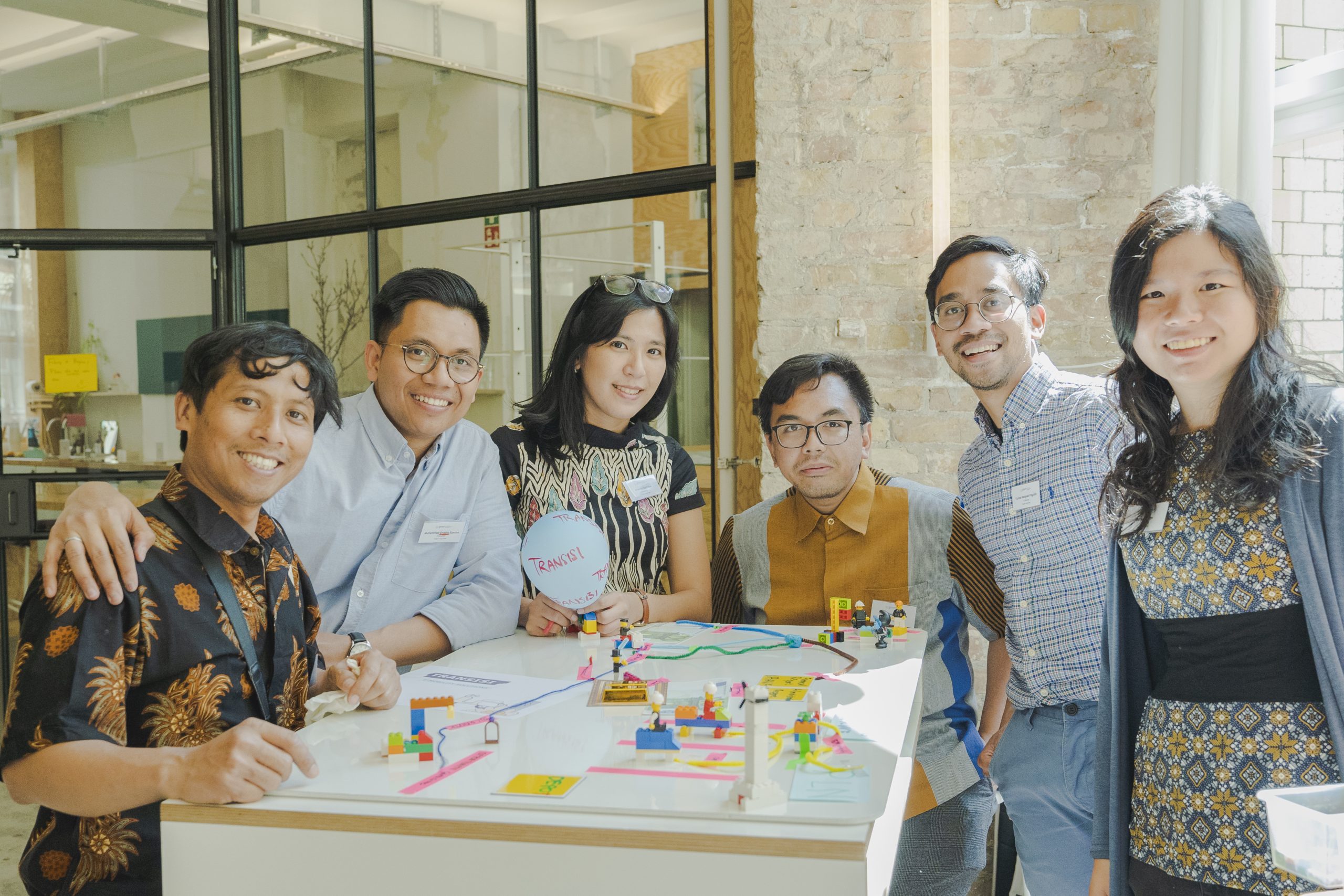
Indonesia has one of the main keys to curb their oil addiction: the country happens to be the largest producer of nickel ore, which is the main raw material to produce lithium batteries. The shift to e-mobility comes as a natural solution for the sustainable development of the country, its clean air agenda as well as its energy self-sufficiency. Despite that, the Transisi team is facing numerous challenges, mainly related to policy and process.
- A large number of stakeholders are involved in the e-mobility ecosystem, which means mediating and coordinating with all of them is troublesome.
- Globally, e-mobility is a regulation driven market, which leads to a high dependency on legislation. Collaborating with governments (B2Gov) tends to generally more resource-intensive and more time-consuming than B2B and B2C.
- e-mobility is still a novelty in Indonesia, which is a double-edged sword as there is room for innovation and improvement, but convincing various stakeholders to take the leap is more challenging.
Lately, the team has been witnessing some lights of hope concerning the last two challenges. The Indonesian government signed a pledge stating that they won’t procure any fuel-powered buses starting 2025, and that they will only use e-buses by 2030. “This is promising but also risky” states the team, changes or delays often happen regarding similar pledges, especially if the government officials change, and so having a high dependency on regulation tends to be difficult.
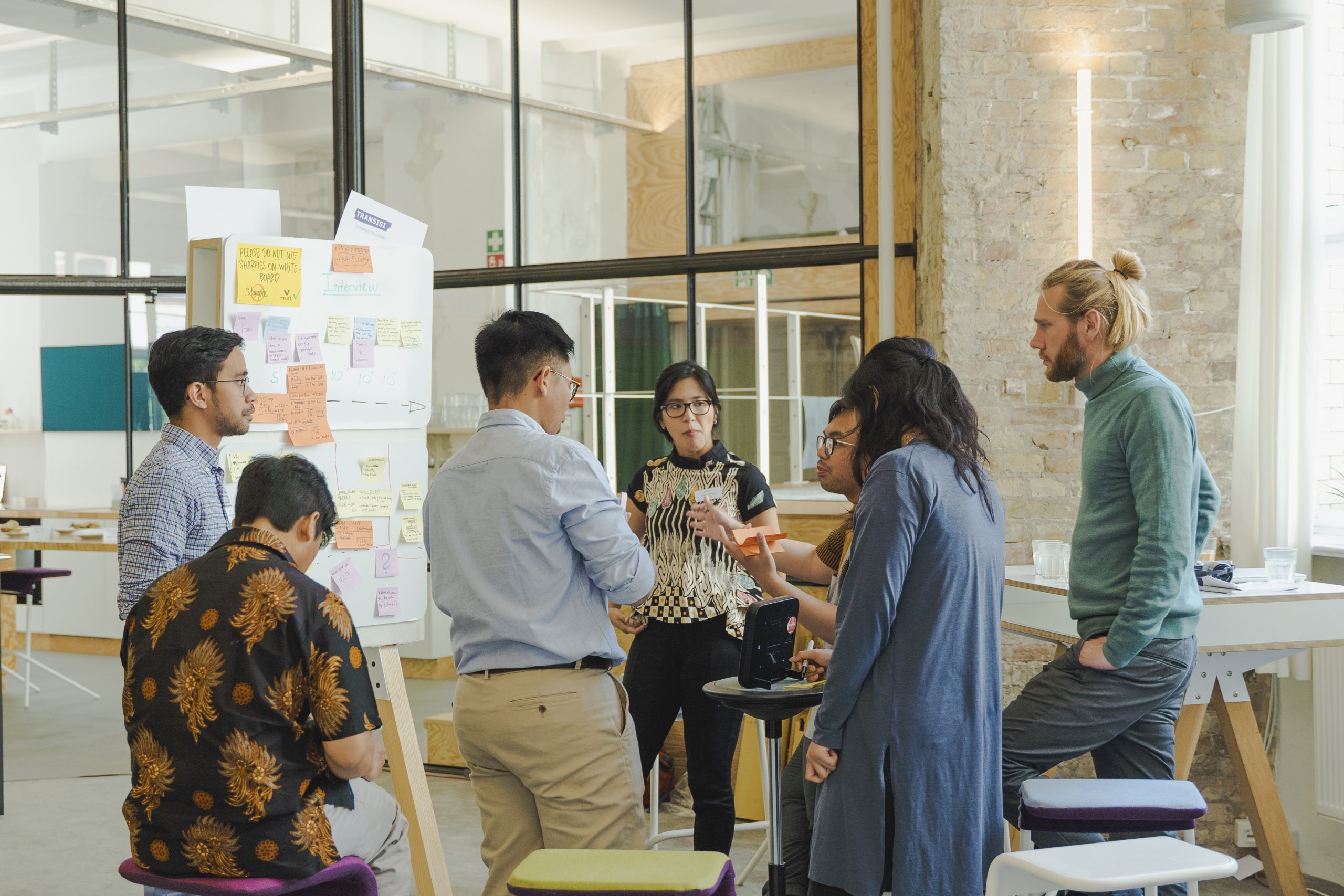
“There are rooms for growth in Indonesia, starting from Jakarta as its gate.”
Despite having established a life in Europe as expert engineers in renewable energy, the six co-founders are always thinking about ways to come back to and give more to their home country.
“I am grateful that we are being supported by GIZ and enpact, it is helping us a lot especially with their extensive network. We can access a lot of stakeholders that we would never have been able to reach this easily! Another benefit that comes to mind is the substantial business insights and knowledge we gained by visiting and interacting with the startup ecosystem in berlin”.
What Transisi needs the most at the moment is capital. They have the expertise, the local knowledge and the resilience, and are calling potential investors, especially those focusing on ESG (Environmental, Social and Corporate Governance):
“Our aim is that every electric bus that you step in in the future, as well as every charging system for electric vehicles will have been built and developed by Transisi! If you want to be a pioneer the e-mobility market in Jakarta, you know who to contact.”
About the Decentralised Development Lab (DDLab)
DDLab (Decentralised Development Lab) is a 12-month incubation and acceleration program, offering teams from different countries coaching, training, expert exchange, and financial support to develop solutions and maximize social impact for specific challenges. The Decentralised Development Lab (DDLab) has been developed by the Deutsche Gesellschaft für Internationale Zusammenarbeit (GIZ) GmbH and commissioned by the Federal Ministry for Economic Cooperation and Development (BMZ) through the “Bund-Länder-Programm – German Government and Federal States Programme (BLP).” The project is implemented in collaboration with minds & makers GmbH and enpact.
